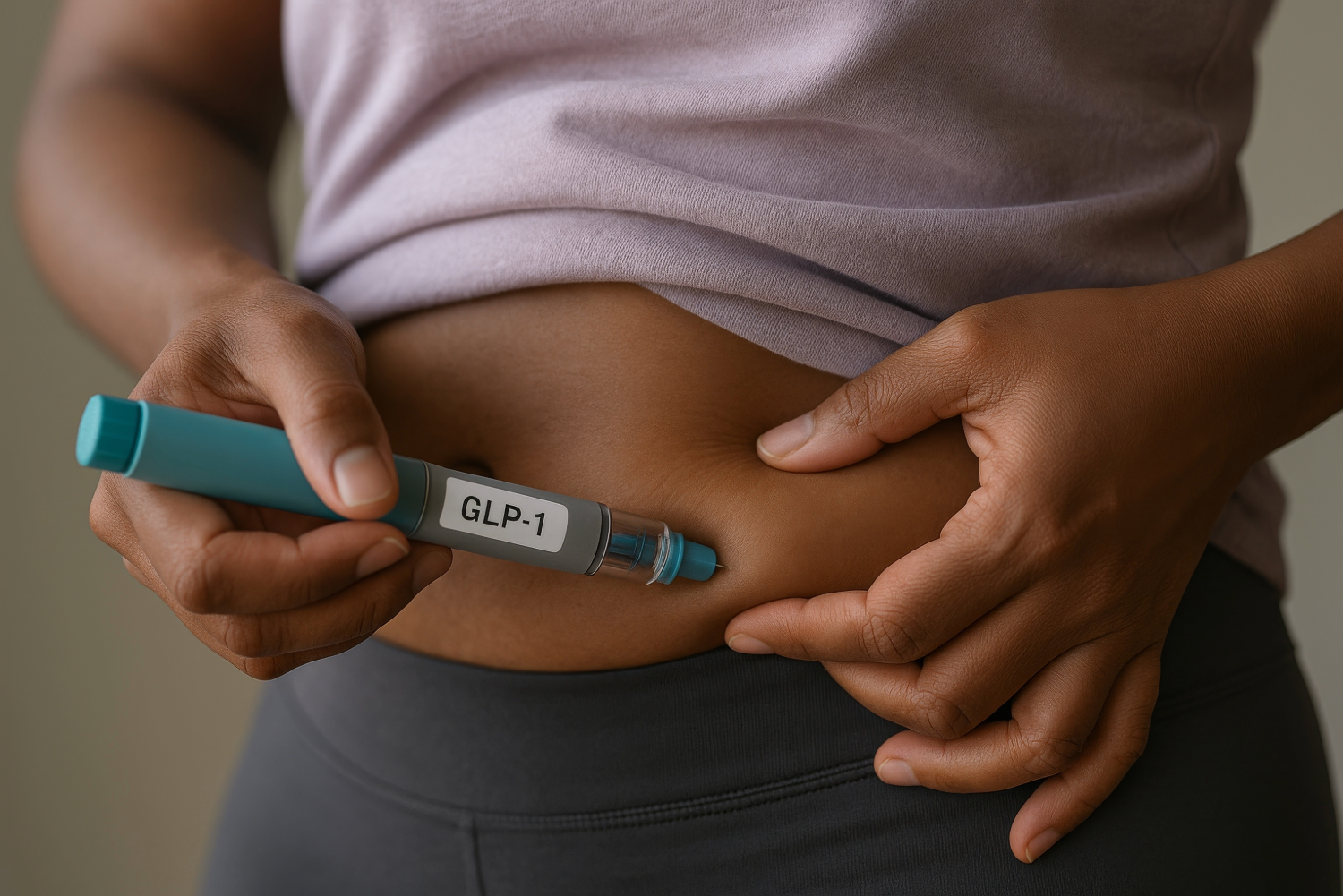News
Matters of the Heart: Keep Yours Healthy
Valentine's Day is coming but all of February is National Heart Month.
You've heard that many women die of a broken heart. The truth is not that far off. While not exactly brought on by sadness or lost love heart disease is the No. 1 killer of both men and women in the United States and is the cause of death for one out of every four U.S. women. Heart disease is not only a concern for older women but for all women over the age of 20 particularly those who smoke are overweight have high blood pressure and/or cholesterol diabetes are anemic stressed depressed and for those that don't exercise or have an unhealthy diet.
Heart disease occurs not when a boyfriend dumps or when a loved one dies - but when plaque builds up in the walls of the arteries narrowing them and making it difficult for blood to pass through which often results in heart attacks and strokes. Sometimes there are risk factors that you can't control that lead to heart disease such as family history and aging but there are plenty of ways to cut down your risk.
The most obvious ways are of course not smoking increasing physical activity maintaining a healthy weight and watching your intake of cholesterol sugar and sodium the latter of which is directly tied to high blood pressure.
Heart healthy diet
Dr. Robert Orr is VVMC's Cardiology Institute's new Cardiologist bringing more than 20 years of cardiology experience from his practice in San Diego before which he was a Professor of Medicine at Boston Medical Center and founder/director of New Hampshire Cardiology Consultants. In a recent TV8 interview he points out that women should aim to eat around 2000 calories a day and men 2500 each adding 20 percent if they are very active and that both should keep their fat intake down to 20 percent of their total calories. Also he says a healthy guideline for sodium consumption is less than 2500 milligrams a day a goal that takes a bit of effort because so many packaged foods have surprisingly high amounts of sodium. Cutting down on sodium Dr. Orr says directly leads to lower blood pressure.
Serious symptoms
It is important to note that while men have more pronounced symptoms of heart disease such as chest pain and shortness of breath the symptoms for women are often more subtle.
Women's symptoms are less prominent Dr. Orr says. You may be tired. A lot of times you're not yourself you just don't feel right. That's when you want to seek care.
Wear Red
February 7th is Wear Red Day a day on which everyone is encouraged to wear red to remind women in particular that heart disease is a very real threat in fact their greatest threat. The American Heart Association and the National Heart Lung and Blood Institute pioneered Wear Red Day in 2003 believing that wearing red not only the color of the heart but also fashion's most eye-catching hue would make more women aware of heart disease being America's No. 1 killer. Clearly it's working. Because now according to the American Heart Association heart disease claims the lives of 21 percent fewer women than it did 11 years ago and 23 percent more women know that the disease is their most serious health threat.
During a month where our attentions turn to hearts and love it's a privilege to share the importance of loving our hearts as well says Vail Valley Medical Center Cardiac Rehabilitation Manager Jeanne Stough. We have a great opportunity to choose a lifestyle than can lower our risk improve our health and leave us to the important task of loving others.
How to help prevent and raise awareness of heart disease:
- Eat a balanced diet of 2000 to 2500 calories per day with no more than 20 percent fat and less than 2500 mg sodium.
- Don't smoke or quit smoking and increase your physical activity.
- High altitude leads to higher blood pressure for many individuals. If you are visiting Vail or new to town cut down on alcohol and salt and drink plenty of hydrating fluids.
- Wear red on February 7th.
- Make an appointment with the cardiologist (970-476-1110) if you're at higher risk.
- Check out All You Need Is Heart at Beaver Creek on February 14th a day of discovering your body mass index blood pressure and 02 levels learning about EKGs and more: www.startinghearts.org.
More News
-
New!
More

How Acupuncture Really Works: A Science-Based Perspective
Acupuncture is not “energy medicine,” “woo-woo,” or some mystical practice that requires...
-
New!
More

The Heart of Vail Health: Inside the Volunteer Corps
If Vail Health’s talented doctors and medical staff are the face of the hospital, the Volunteer Corps is its heart. What began in 1979 as 13 volunteers fundraising for a 10-bed hospital addition to Vail Valley Medical Center has grown into nearly 100 committed volunteers who have donated almost $1.8 million and countless hours to support Vail Health's programs and services, including Shaw Cancer Center and Beaver Creek Medical Center. The Corps’ motto sums up its work well: “We volunteer because our caring makes a difference — for others, for our community and for ourselves.”
-
New!
More

GLP-1s and Your Health Journey: What You Need to Know
Interest in GLP-1 agonist medications, once used almost exclusively for diabetes, is soaring. Now widely referred to as weight loss injections, drugs like semaglutide (Ozempic, Wegovy) and tirzepatide (Mounjaro, Zepbound) are ubiquitous in celebrity chatter, social media and everyday patient conversations. But as demand grows, it’s increasingly important to separate hype from reality. Who qualifies for these drugs under FDA guidelines? When are they helpful? And when might carefully supported lifestyle changes offer a safer or more sustainable path?





